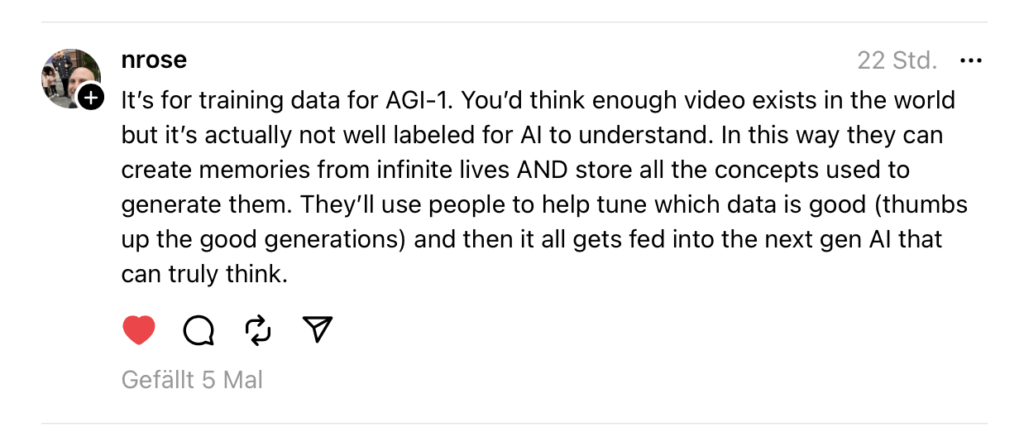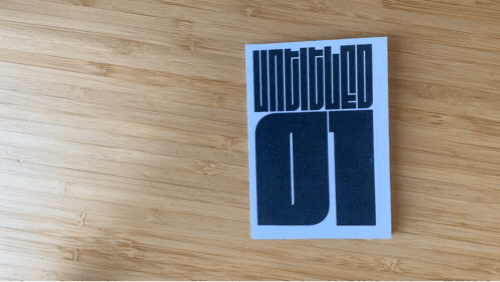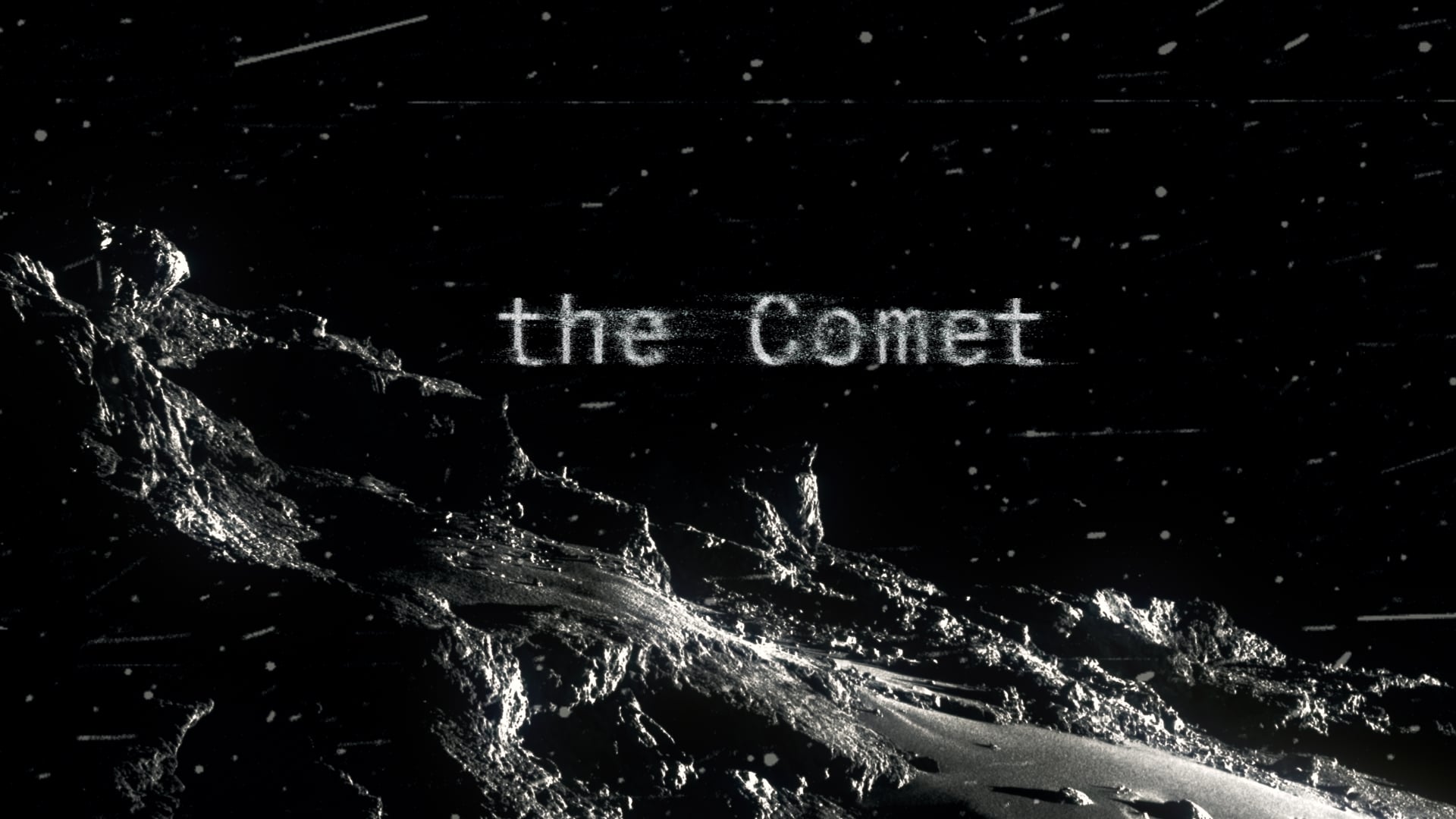For nearly ten years I used Evernote as my knowledge management tool: Half of my study notes are in there and everything I’ve collected and curated since, my mind garden of sorts, nearly 10.000 notes. But I feel the urge to move on now: In 2020 Evernote moved from native apps for macOS, Windows and Linux to Electron-based universal apps—that was okay for me, even when the performance was noticeably slower. Than, in 2022 Evernote changed owners, that wasn’t unexpected for me in the age of platform capitalism and the moved history of Evernote, but still sudden. The new owner, Bending Spoons, changed the focus on AI, made a redesign and raised prices—changes I mostly could adjust to, but the app still got slower and slower on my (old) Intel-based MacBook Pro 2017. I tried every trick I could find to fix it, but still it’s painfully slow, so the app on macOS is nearly useless for me. And even the web client is slow on my computer …
So, eventually, it’s time to move on. But this raises the most complicated question: Where to move to? The possibilities feel endless if one digs just a little into the topic of note taking or Zettelkasten software.
Over the last years I always experimented with some software and know what I want and need: I like a flat list of notes, sorted into some notebooks and I use tags heavily. I don’t need fancy workflows or a lot of integrations but search in PDFs (OCR) is a must. My work environment is mostly in the Apple ecosystem but clients for Windows, Linux and web would be nice. Free open source software would be great but seamless working between macOS and iOS is more important, so closed source software is an option.
Somehow I feel like in this meme on my way to the mastery: Apple Notes could work just fine, but I use Apple Notes for everything that is really temporarily and that needs to be moved. And I don’t feel quite confident to have my thousands of notes in Apple Notes—even if I know, it could work.
At work I use Notion to organize, structure and document projects. There I like the hierarchy and working with blocks but for my mind garden I like to keep a flat hierarchy and I sometimes feel like the blocks are going into my way.
Obsidian seems like the go to option and I tried more than once to get used to it but I never felt home. I love the Graph view (I always wished Evernote had that feature), it’s powerful and highly customizable but especially the last point is also what’s worries me: One can spend endless hours tuning Obsidian and try to find the best extension for any use case, like search in PDFs. Also, on the one hand I like the approach to store everything in simple Markdown files but on the other hand it often felt a bit too technical for me, like that I need to thinking about avoiding special characters in filenames.
Then there is Bear, an note taking app that almost looks like an old Evernote clone. It’s Apple only and almost as simple as Apple Notes, with just some more features. But it lacks notebooks as hierarchy element, yet the tags can be tuned up to fill this gap somehow.
DevonThink is also Apple only and a real classic when it comes to knowledge management. It’s also very powerful and customizable to the point that I don’t really need. Also the difference between the standard and pro editions are not quite clear to me and I hope this forums post I dug up about it is still up to date. On the plus side: It would only cost a one time fee instead of an subscription!
Some more software I know but I don’t consider seriously right now: Microsoft OneNote—no Office 365, please! Roam Research—same like Obsidian. MacJournal—classic, but missing an iOS client.
So, where to go from here? I started testing Bear and DevonThink on my MacBook. Bear feels almost right but I’m still not sure. I’ll try both for a while and try to keep my eyes open for other alternatives.





